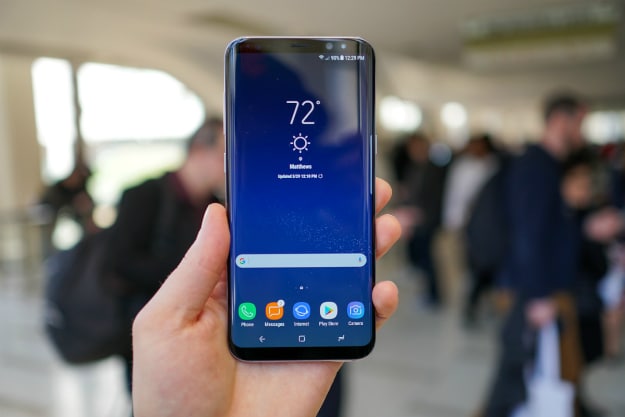The Samsung S8 details are finally out and, as expected, it’s on trend with the bezel-free movement. Smartphones have been trying to ditch those annoying dead spaces on the top, sides, and bottoms of the stunningly gorgeous smartphone screens for years. So far, only Samsung has managed to get rid of the edges. The Galaxy S6 edge had innovative curved edges that took the industry by surprise.
Other phone manufacturers such as Sony and Xiaomi have their own take on the bezel-free design. Xiaomi’s Mi Mix, the Ulefone Future, ZTE nubia, and Elephone S3 round off the best bezel-free phones in this category.
For all it’s innovative features and smart aesthetics, the design for many of these smartphones was just shy of revolutionary. There was something very appealing about a display that curved over the edges, but the added real estate felt more like a gimmick than a genuine boost to the phone’s utility. The ill-fated S7 was another such attempt at creating a curved edge smartphone.
Part of the problem has always been the amount of effort it takes to get a truly revolutionary change in design through. A sudden shift in the way phones are constructed needs a powerful research and development team with incredible resources. Wrap around screens need to be invented, tested, and then outsourced for production to manufacturers who need even more investment to be able to make the screen in volume. Never mind the fact that the user interface, operating system, and smartphone cover accessories all need to be redesigned to fit the new type of phone.
However, the S8 is Samsung’s first courageous attempt at eradicating the bezel for good. Samsung, like Apple and Google, have the resources to pull off a revolutionary change in design. The new phone still has a home button, but it is built underneath the screen. The bottom of the screen is pressure sensitive so users can tap it like a normal home screen. This allows the screen to not just wrap around the edges, but cover nearly the whole length of the phone.
There’s still a bezel holding the screen, but it’s so negligible you’d barely notice it. Samsung’s calling it the ‘infinity display’.
For all the talk about this being a ‘work of art’ and a ‘paradigm shift’, Samsung’s new display is actually the latest in a long line of screen iterations. Over the years, smartphone screen’s have been getting more prominent and the bezel has become more of an annoyance. Industry leaders like Apple and LG are expected to meet this demand with their upcoming models this year. Meanwhile, the ‘Godfather of Android’, Andy Rubin, recently teased a version of his new smartphone that is also expected to be bezel-free.
Whether this innovation in phone design will mean more screen to break or more real estate to work with is yet to be seen.

COMMENTS